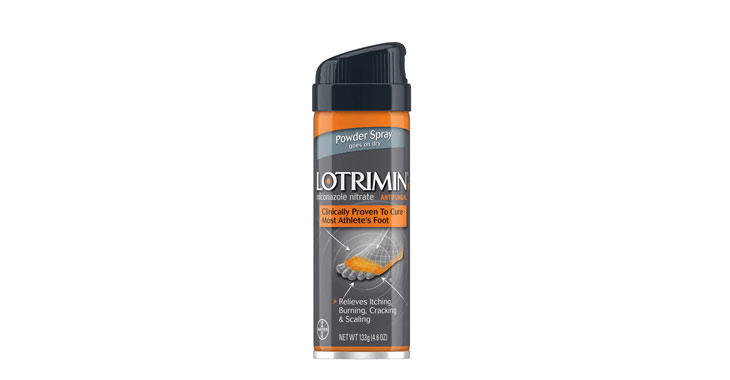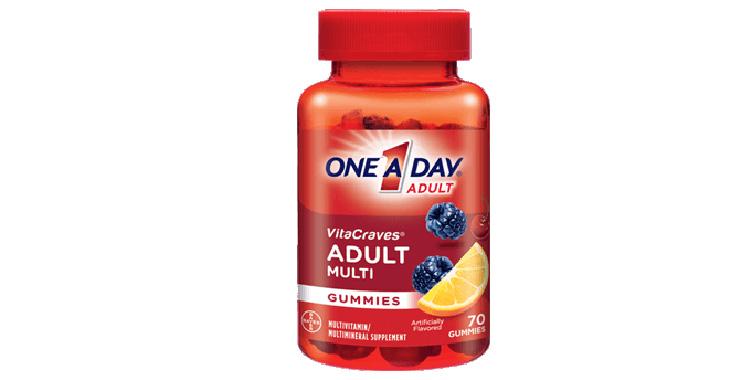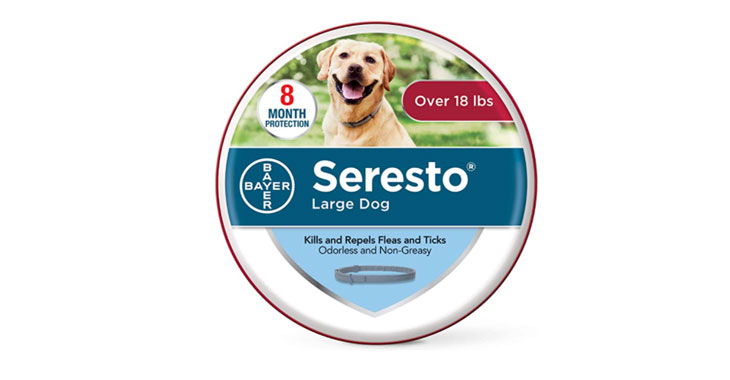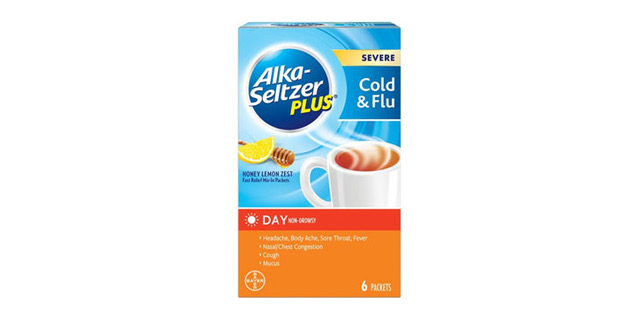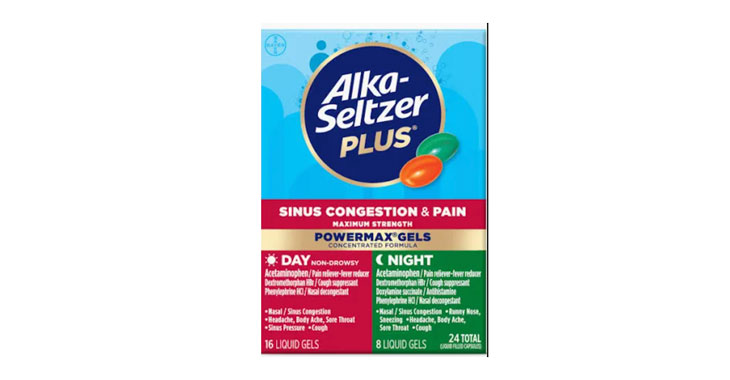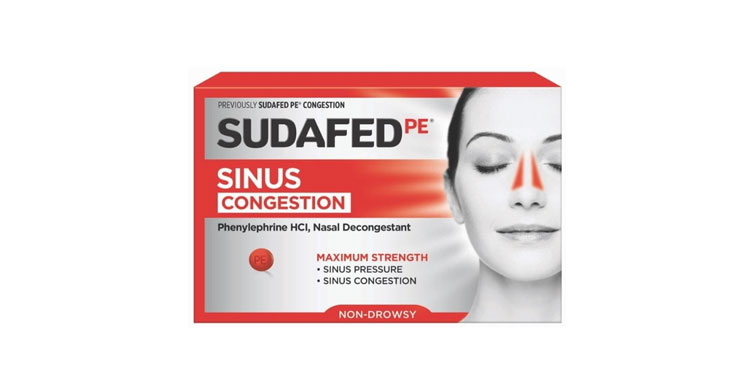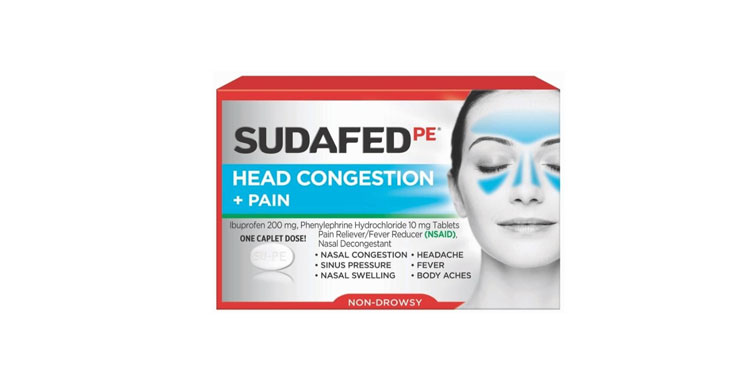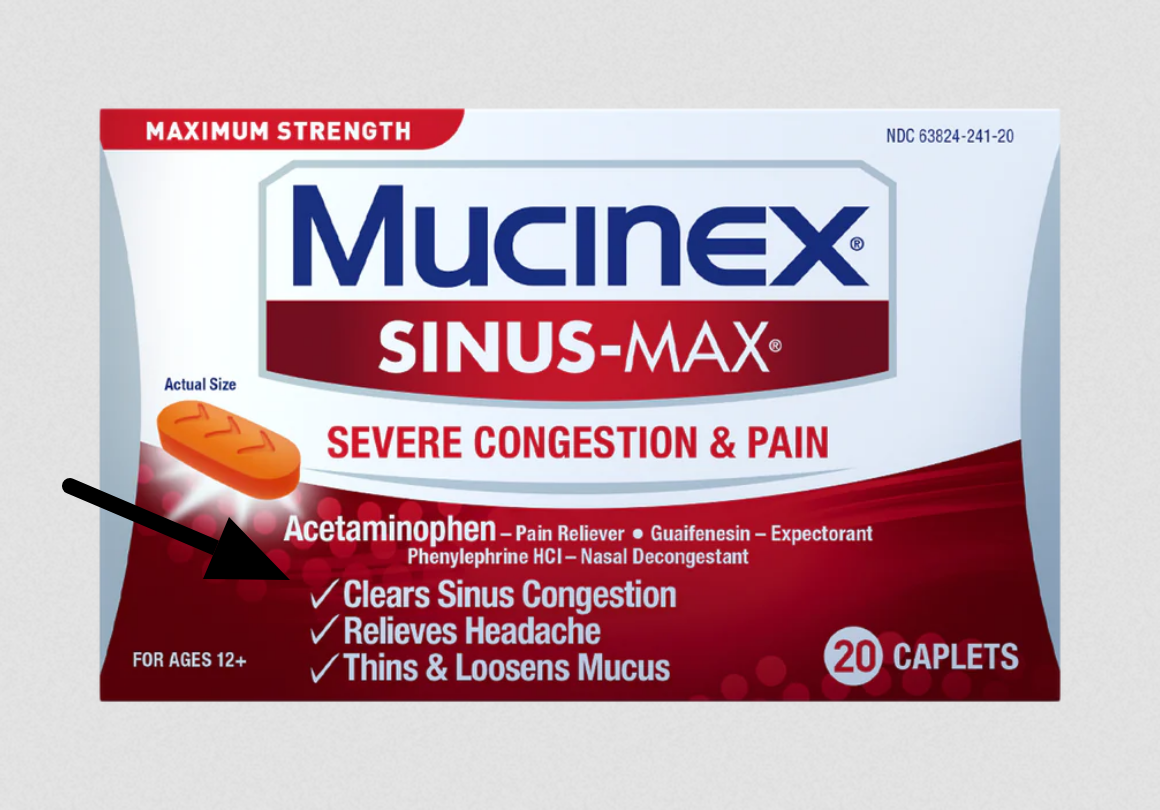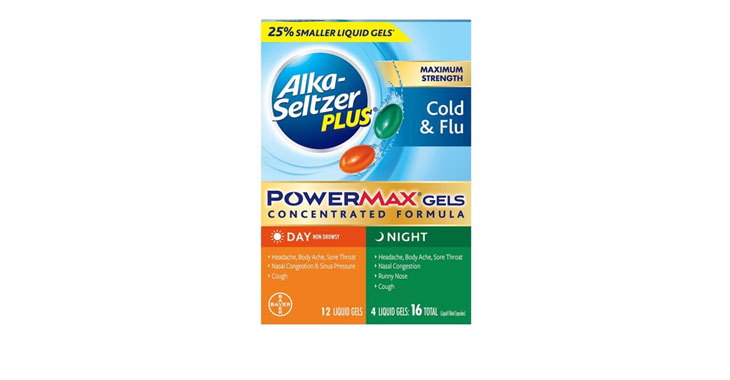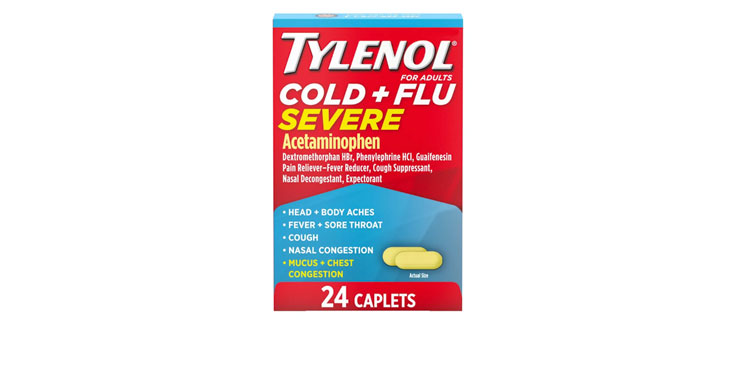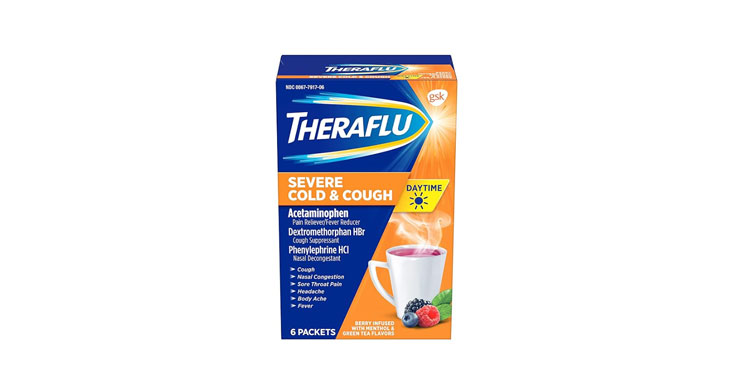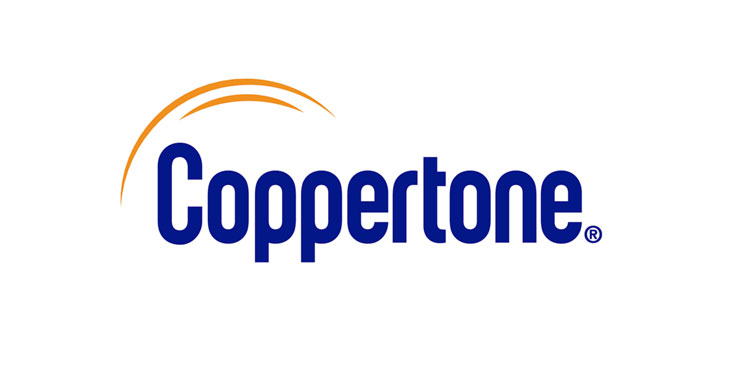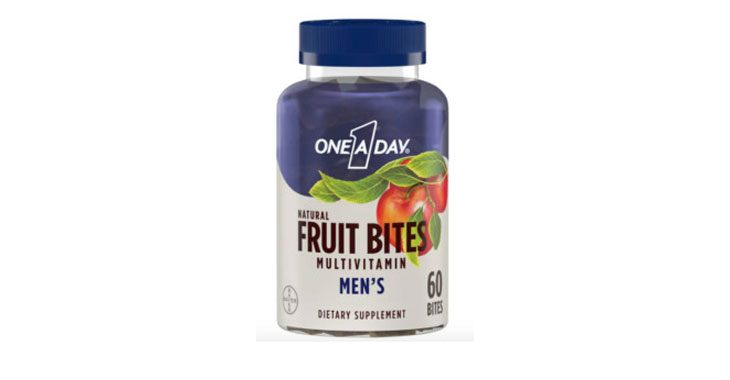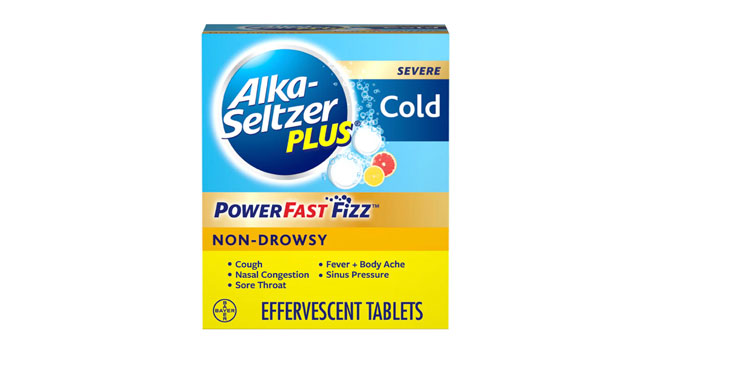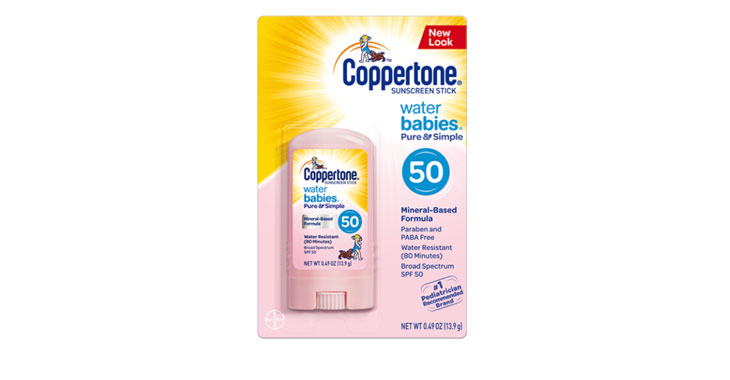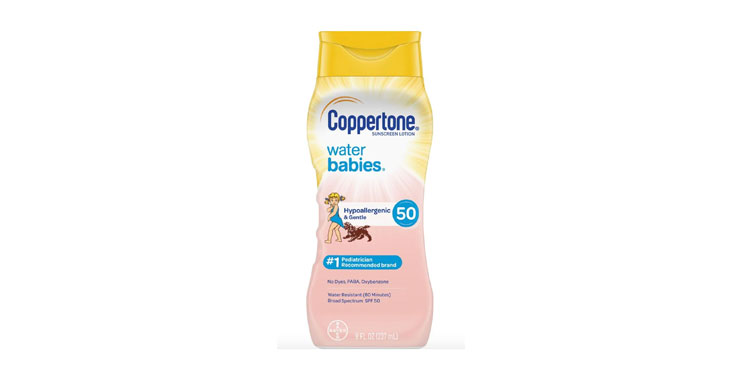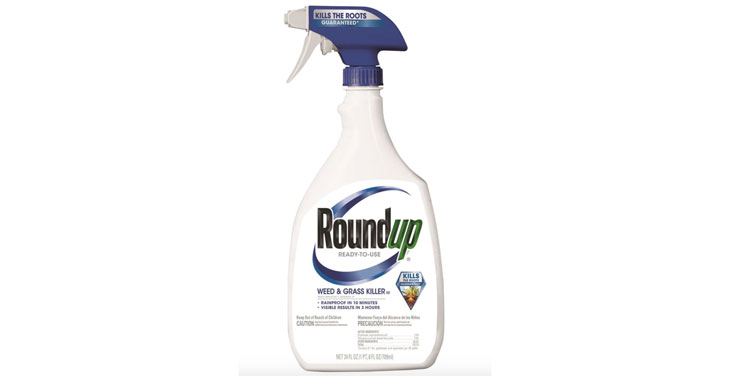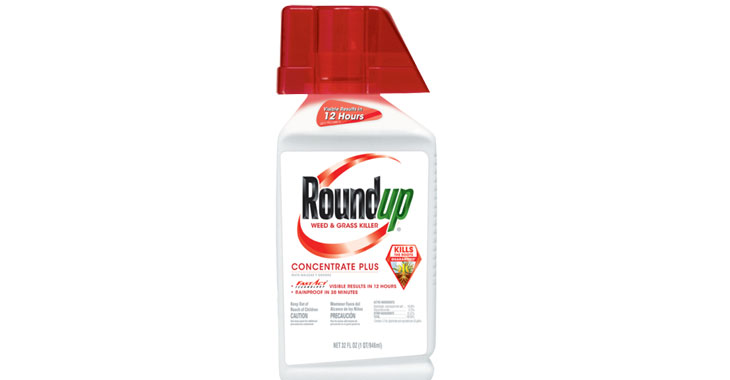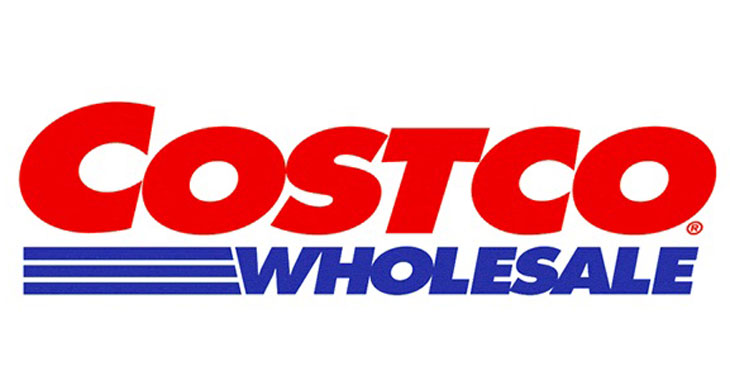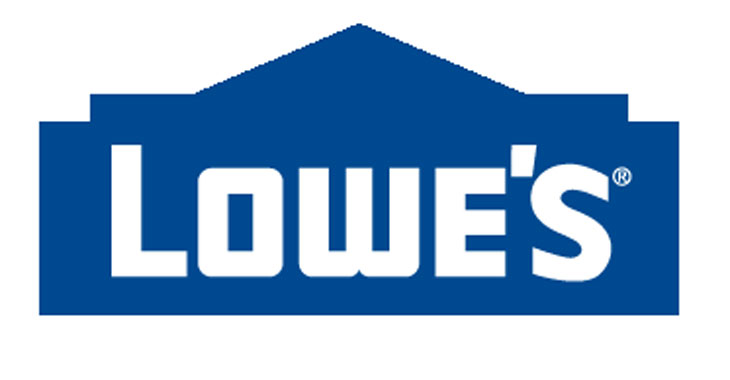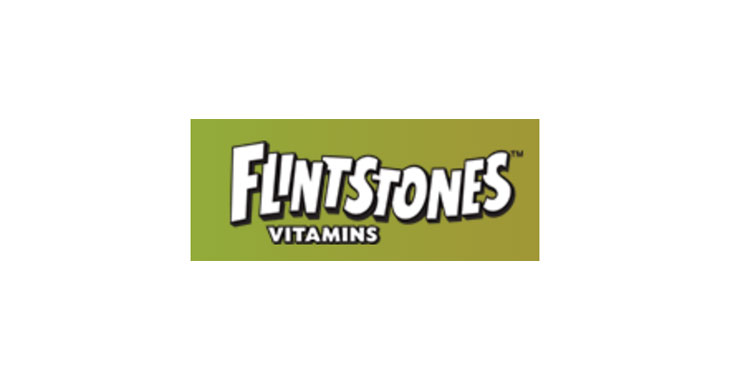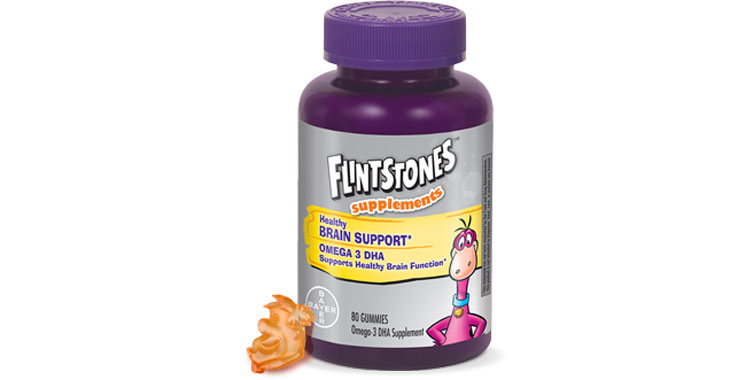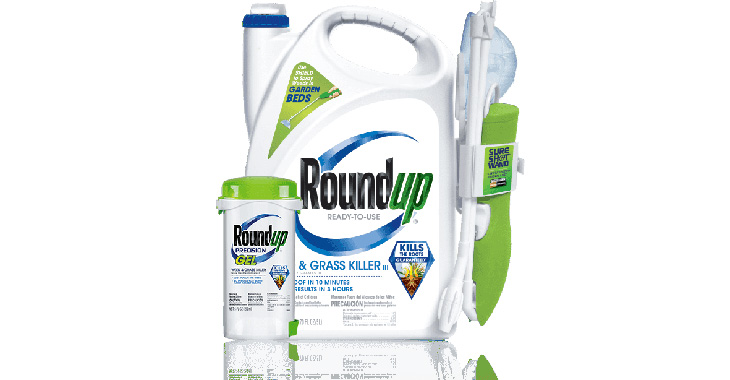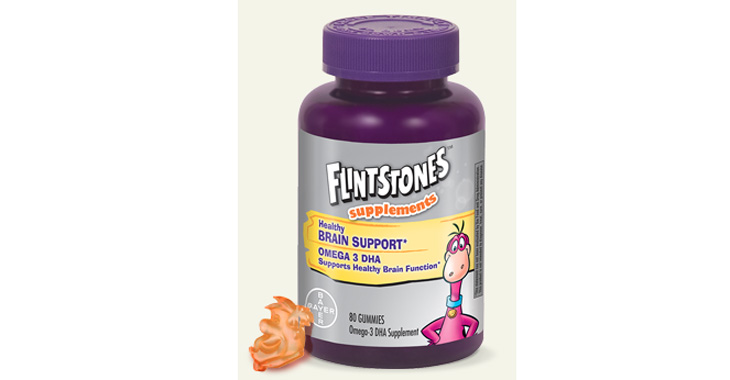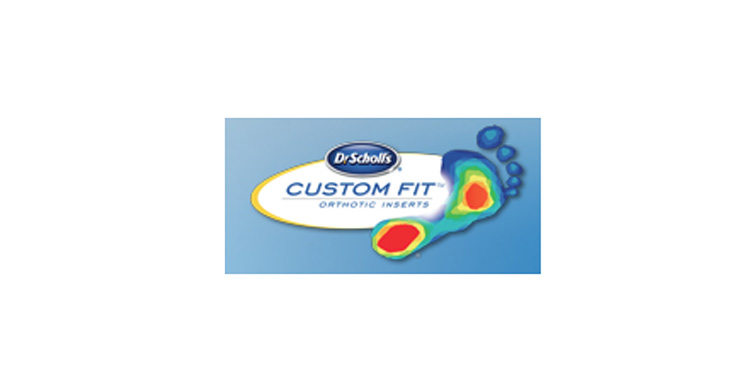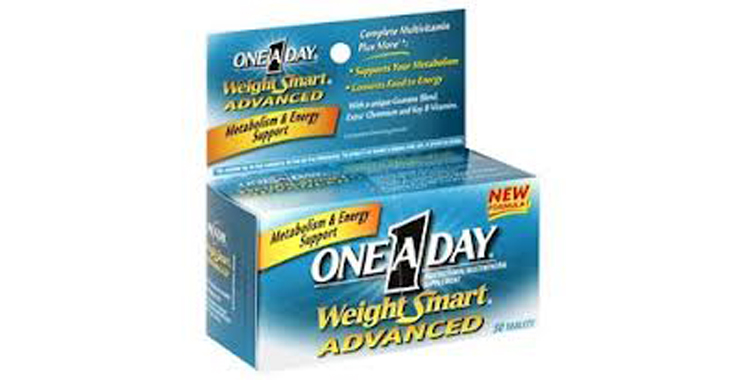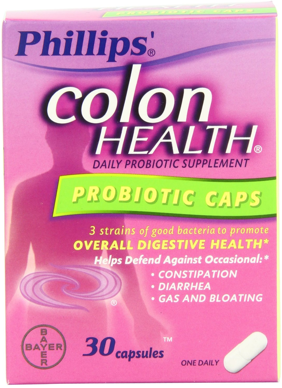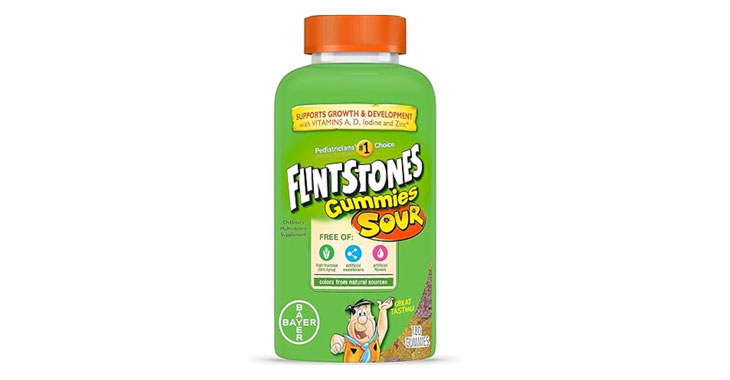
Flintstones Gummies Sours
Allegations: Falsely advertising products as free of artificial flavors
March 2019: Following a jury trial, judgment was entered in favor of Bayer.
March 2018: The Ninth Circuit Court of Appeals denied the petition for permission to appeal but granted the company’s request to file another brief supporting the petition.
November 2017: A federal judge certified three statewide classes for the three remaining named plaintiffs’ home states (specifically, California, Florida, and New York) but did not certify a nationwide class. In the same court order, the judge denied Bayer’s motion for summary judgment. Later in November, the company filed a Petition requesting permission to appeal the decision to grant class certification.
March 2016: The claims of two of the named plaintiffs (Gallagher and Cordaro) were dismissed When a complaint is dismissed without prejudice, an amended version of the complaint can be refiled., the reasons for which have not been disclosed. Claims of other named plaintiffs (Farar, Lopez, and Cosgrove) will move forward.
August 2015: A federal judge denied Bayer’s motion to dismiss. To read the Court Order and learn more, click here.
April 2015: After the plaintiffs refiled their heart health and immunity claims in an amended complaint in March 2015, Bayer filed a motion to dismiss these claims.
March 2015: A federal judge dismissed some of the false advertising claims in this lawsuit. Specifically, the judge dismissed the claims that the company deceptively markets the multivitamins as supporting heart health and immunity finding that the claims were preempted by the Federal Food, Drug, and Cosmetic Act. The judge dismissed these claims without prejudice, meaning that the plaintiffs can refile the claims. The judge allowed the claims that the company deceptively markets the multivitamins as supporting physical energy to move forward,
October 2014: A class-action lawsuit was filed against Bayer for allegedly deceptively marketing and labeling One A Day multivitamins as providing consumers with various health benefits – such as supporting heart health, immunity, and physical energy – without scientific evidence to support such claims. (Gallagher et al v. Bayer AG, Bayer Corporation, and Bayer Healthcare LLC, Case No. 14-cv-04601, N.D. Cal.).
For more information about other class-action lawsuits filed against Bayer and TINA.org’s coverage of the company, click here.
Allegations: Falsely advertising products as free of artificial flavors
Allegations: Misleadingly marketing products as if one gummy provides consumers’ with their requisite daily nutrients
Allegations: Failing to disclose that products contain dangerously high levels of the carcinogen benzene
Allegations: Misleadingly marketing products as if the number of gummies in one bottle equals the number of daily servings
False advertising class-action lawsuits filed regarding the marketing of Seresto flea and tick collars
Allegations: Misleadingly claiming that products contain honey and lemon zest when the ingredients list reveals they don’t contain either Misleadingly marketing products as being for “severe cold & flu” when…
Allegations: Falsely marketing that phenylephrine products relieve nasal congestion
Allegations: Falsely marketing that medicines treat nasal congestion
Allegations: Falsely marketing the products treat nasal congestion
Allegations: Falsely marketing that medicines treat nasal congestion
Allegations: Falsely marketing that products combat congestion and other sinus issues
Allegations: Falsely marketing that medicines treat congestion
Allegations: Falsely marketing that phenylephrine products treat congestion and other cold and flu symptoms
Allegations: Falsely marketing that medicines treat nasal congestion
Allegations: Failing to disclose products contain the carcinogen benzene
Allegations: Failing to disclose sunscreens contain the carcinogen benzene
Allegations: False natural claims
Allegations: Misleadingly marketing the gummies as if one chewable provides the nutrients represented on the product label without adequately disclosing that the serving size is two gummies
Allegations: False natural claims
Allegations: Falsely marketing products as “non-drowsy” when the active ingredient causes drowsiness
Allegations: Misleadingly marketing sunscreens as mineral-based when they often contain more chemical active ingredients than mineral active ingredients
Allegations: Marketing sunscreens as “safe and gentle on a baby’s skin” when they contain the carcinogen benzophenone
Allegations: Falsely representing that the active ingredient “targets an enzyme found in plants but not people or pets”
Allegations: Failing to warn consumers of the health risks associated with using the product due to its active ingredient
Allegations: Failing to warn consumers that ingredients may cause cancer
Allegations: Failing to warn consumers of the health risks associated with using the product due to its active ingredient (glyphosate)
DOJ alleges Bayer violated previous court order by making unsupported claims about product.
Are FTC settlements just a cost of doing business?

